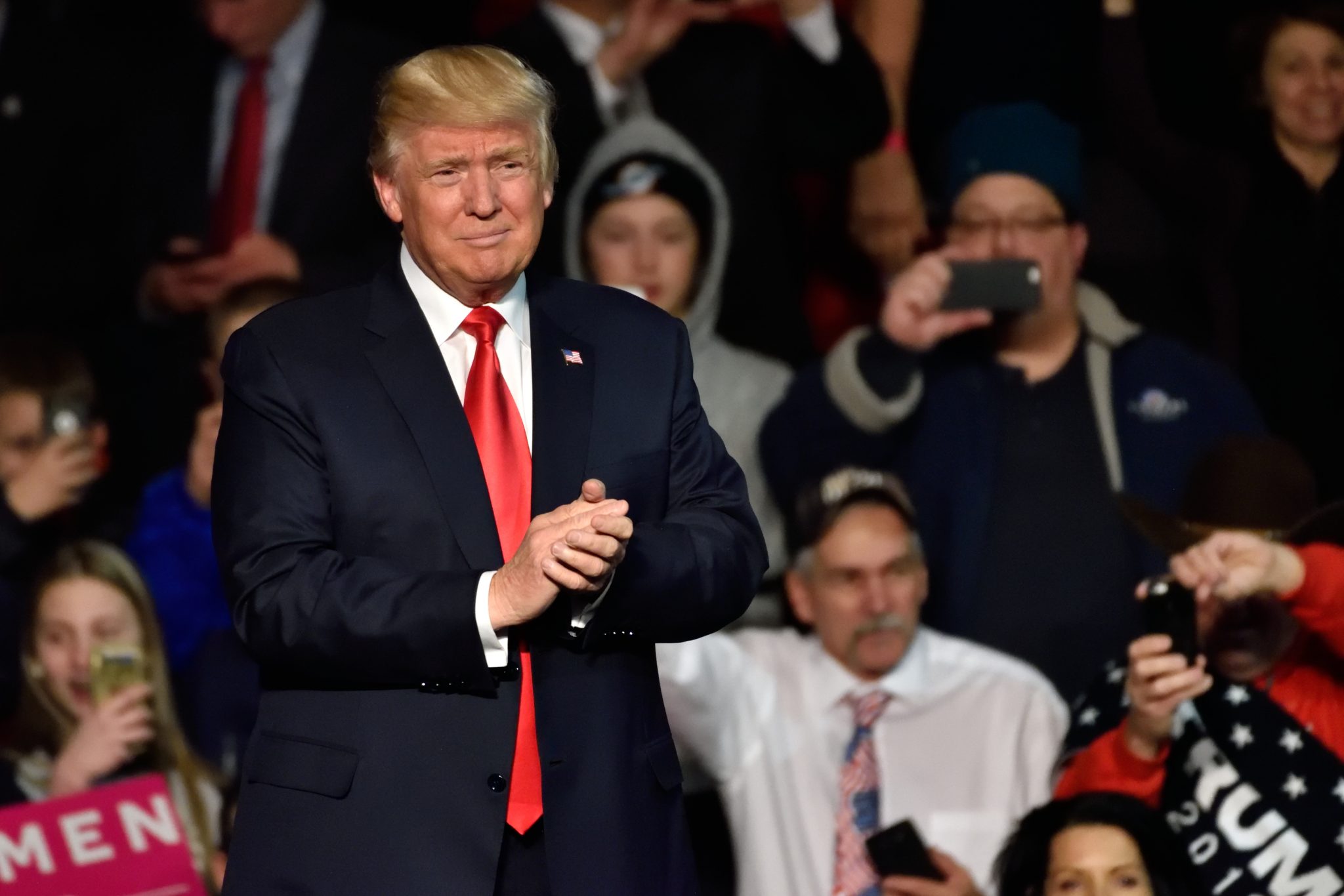The Trump Administration is serious about keeping jobs here in America. Part of the strategy to keep those jobs here in America is to impose stiff tariffs on goods imported from other countries. One of commodities with the greatest potential for impact is steel. 20 years ago, most of the steel consumed in the United States was produced here, but in recent years, a series of free trade agreements have facilitated the downsizing of the U.S. steel industry. Many are hopeful that new tariffs on imported steel will increase steel production in the U.S. The only question is: at what cost?
Steel and Aluminum Tariffs
On March, 1 2018, Trump announced a proposed 25 percent tariff on steel and a 10 percent tariff on aluminum imports. Trump tweeted the next day that “trade wars are good, and easy to win.” Trump seems confident that these tariffs will provide a win for the U.S. Economy, but others aren’t so sure. The main issue for America is China. The country has been producing an abundance of steel that is creating an oversupply situation in the global market, thus driving down steel prices. While the U.S. does not import much of its steel from China, it is still impacted by the available inventory.
China’s foreign minister, Wang Yi, responded to the tariff news by stating that “China would have to make a justified and necessary response.” He also said that trade wars weren’t the best way to solve problems. “Especially given today’s globalization, choosing a trade war is a mistaken prescription. The outcome will only be harmful.”
Tariffs and the Auto Industry
While the tariffs will benefit the U.S steel industry, the automotive industry will likely suffer from the rise in raw material costs. When competing in a global economy, automakers will be at a disadvantage in world markets as competitors will still have access to cheaper steel. This could lead to a negative impact on US. Automotive exports. Toyota Motor claims that the majority of the steel and aluminum they use comes directly from the US, but they are worried that the imposed tariffs will decrease supply and increase prices for everyone in the U.S. The American Automotive Policy Council released a statement saying “We are concerned with the unintended consequences the proposals would have, particularly that it will lead to higher prices for steel and aluminum here in the United States, compared to the price paid by our global competitors. “This would place the U.S. automotive industry, which supports more than 7 million American jobs, at a competitive disadvantage.”
What Tariffs Could Mean for Car Sales
With sales starting to lag compared to recent months, the news of tariffs does not bode well for increased sales as costs and prices are likely to rise. Cody Lusk, President of the American International Automobile Dealers Association said “These proposed tariffs on steel and aluminum imports couldn’t come at a worse time. Auto sales have flattened in recent months, and manufacturers are not prepared to absorb a sharp increase in the cost to build cars and trucks in America.” In the latest news, the final decisions about these tariffs have been delayed as all of these factors are considered.



